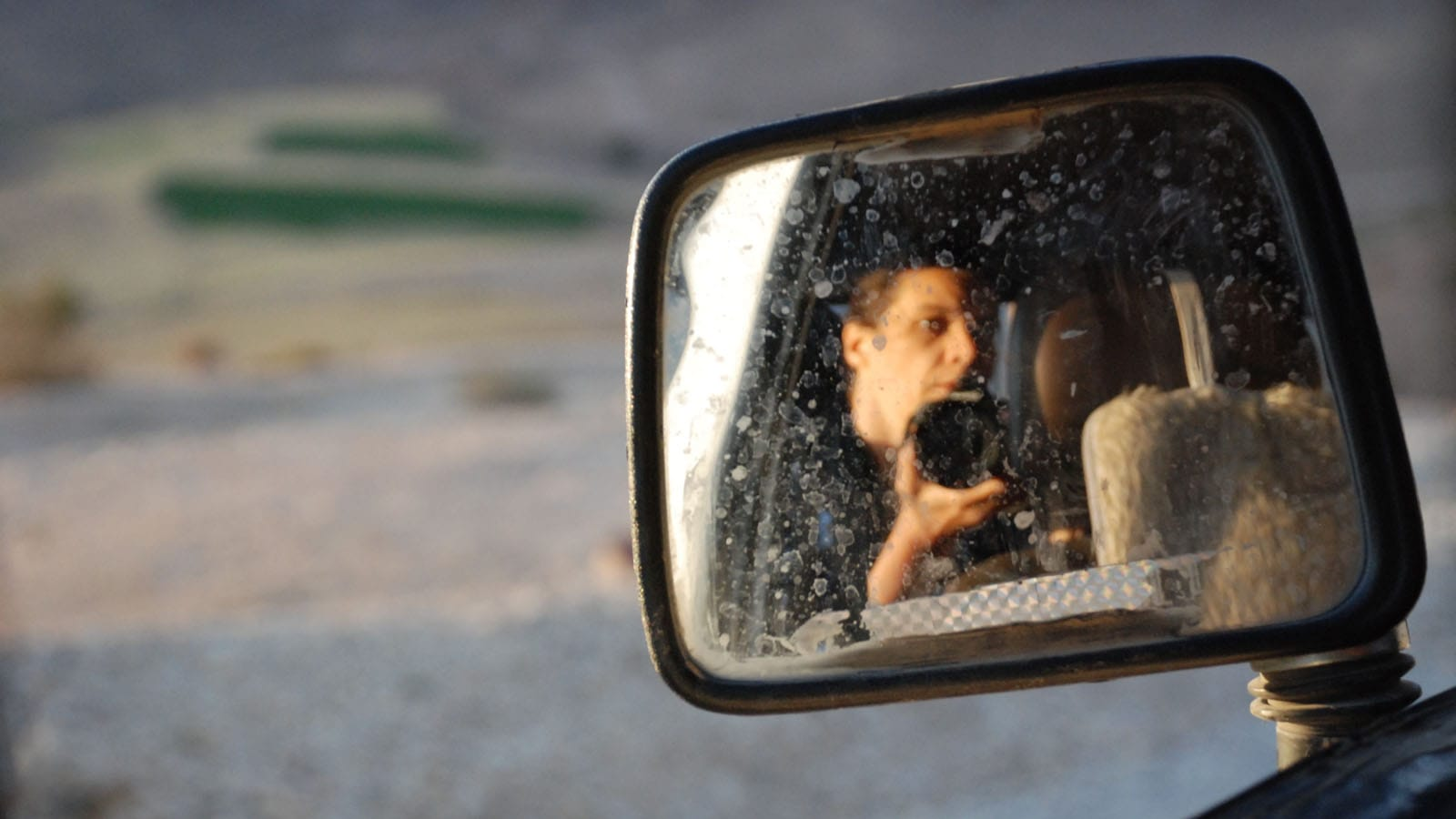International Women’s Day

As SXSW opens in Austin today, let’s note that Tribeca (April 24 through May 5) has unveiled its features and immersive lineups, that the programs for the Essay Film Festival in London (March 22 through April 4) and the Images Festival in Toronto (April 11 through 18) are set, and that the Boston Underground Film Festival (March 20 through 24) has rolled out its first wave of programming. But before we get too far ahead of ourselves, here are a few of this past week’s highlights.
- Toronto’s TIFF Cinematheque launches a Claire Denis retrospective today, and Little White Lies has unveiled its High Life issue. In his cover story for Film Comment, Nick Pinkerton notes that the new film is “nearer to the dystopian than the utopian science-fiction tradition.” Also online from the new issue we find Imogen Sara Smith on Christian Petzold’s Transit, which “creates moments of vertigo with its collapsing of time and history”; Aliza Ma on Hu Bo’s An Elephant Sitting Still, a “radically dissonant national portrait”; Eric Hynes on Carlos Reygadas’s Our Time, “the kind of film that’s capable of inverting our entire understanding of cinematic truth”; Michael Koresky on Gaspar Noé’s “apocalyptish” Climax; and Molly Haskell finds “a kind of daring” in the “very modesty” of Sebastían Lelio’s Gloria Bell. April Wolfe, in the meantime, has launched a new online column on genre with a piece on Matt Cimber’s The Witch Who Came from the Sea (1976).
- Celebrate International Women’s Day by delving into Crucial 21st Century Cinema, an ongoing project at Directed by Women. On each of 2019’s 365 days, the site is presenting a piece on a female-directed film that runs 365 words or less. See, for example, Girish Shambu on Vai, directed by eight Pasifika (Pacific Island Indigenous) women, Bethany Gemmell on Greta Gerwig’s Lady Bird, and Sean Parnell on Kirsten Johnson’s Cameraperson.
- Interview has put up two powerhouse conversations. “Despite all the movements, and despite everything we read now, why don’t creative writers find women interesting?” wonders Glenda Jackson in the course of her chat with Meryl Streep. And talking to Julia Roberts, Cate Blanchett asks, “How many times have you and I said, ‘That’s a great role—I’m not the lead, but the male lead is a great actor and I’d really love to be a part of this project’? Invert that, and you don’t have a lot of men who would come to the party in the same way for a woman.”
- For Canadian Art, Yaniya Lee talks with Claire Atherton, who met Chantal Akerman in 1984 and worked with her until the Belgian filmmaker’s death in 2015. “Some people think that in editing, first you choose the scenes that you are going to include and you find the structure and then you work on the rhythm,” says Atherton. “For me, that’s impossible. The narration is organic. It comes from the shocks, the contrasts, the colors—it comes from the rhythm itself. When I was working with Chantal, it was very important for us not to know where we were going. It’s what we used to call ‘discover while doing.’”
- Writing for Another Gaze, Esmé Hogeveen argues that Josephine Decker’s Butter on the Latch (2013), Thou Wast Mild and Lovely (2014), and Madeline’s Madeline (2018) “reconfigure the trope of female-character-as-cipher: the women protagonists are not femmes fatales or manic pixie dream girls, but ciphers qua ciphers, human beings engaged in the business of parsing themselves.”
For news and items of interest throughout the day, every day, follow @CriterionDaily.



